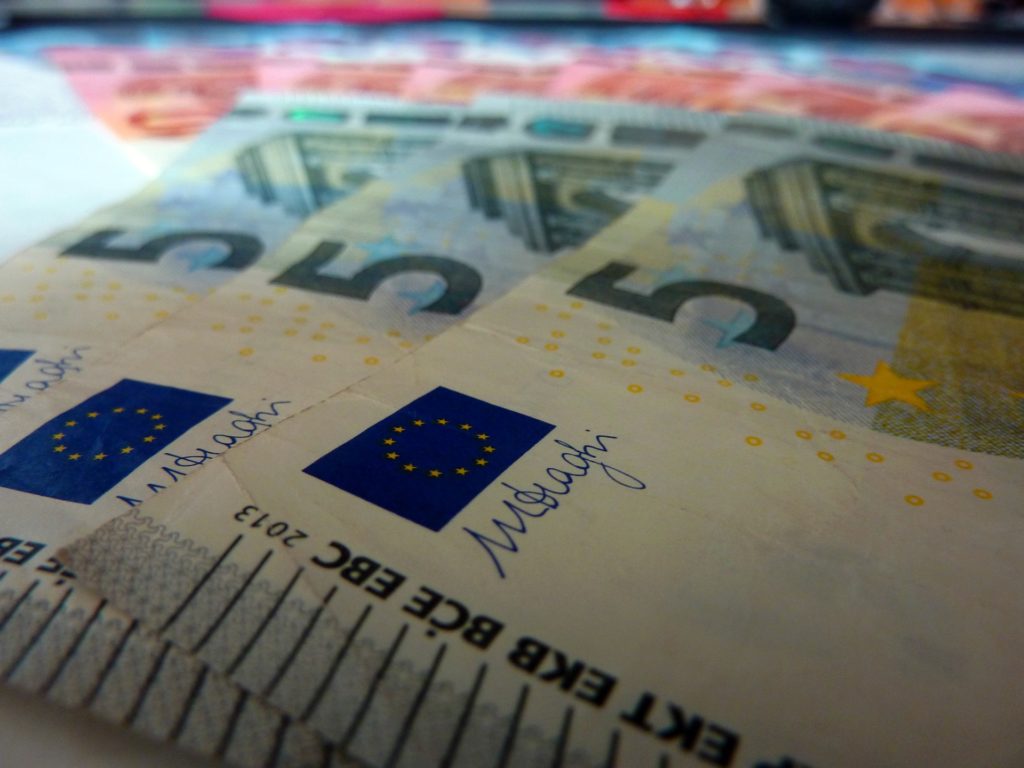Brussels is considering creating a sort of exchange network in the city wherein companies can do business with each other using credit, rather than a conventional currency like the euro.
The idea has already been put into practice on the Island of Sarinia in Italy, where after the 2008 banking crisis, local businesses set up a commercial credit network with something called the “Sardex” as their currency. When banks refused to lend to small or medium-sized businesses after the crisis, self-employed persons were able to revive their businesses thanks to this system of payment they created on their own.
Participating organisations saw their revenues increase by 20%, according to the University of Florence, and within ten years more than 10,000 companies joined the network.
The effect on the local economy was particularly remarkable, as the share of local products doubled from 18 to 36%.
Now Bruzz reports that a €200,000 grant has been given to the Belgian non profit organisation Financité in order to study the feasibility of such a system in Brussels.
Related News
- New economic study dispels myths about Belgium's biggest regional tax contributors
- With Belgium’s reactors gone, French energy company plans to leave coal behind
- Uber drivers can no longer use smartphones in Brussels
To illustrate how the system would work, the Dutch-language news outlet provides the hypothetical scenario of two business owners in Brussels, both members of the theoretical credit system, who can use each other’s services without transferring any actual euros.
For example, a Molenbeek-Saint-Jean baker may provides the desserts for a restaurant by the Atomium. If both businesses owners were members of the credit system, instead of paying each other with euros, they could use the credit they’ve accrued doing business with other Brussels entrepreneurs.
The idea is to make companies less dependent on banks or traditional payments, while encouraging the localisation of products and services.
“It is a system where companies are not obliged to turn to bank credit. You don't need to have a treasury or large savings account to boost your productivity,” State Secretary for Economic Affairs Barbara Tracht told Bruzz.
“At the same time, companies can expand their network of customers and suppliers very quickly. In this way you give the Brussels business-to-business market extra resiliences.”
There are a few other advantages to such a system. Brussels could see a boost to its real economy- or in other words, all the parts of its economy outside the financial sector. Trachte estimates that the distribution and trade of local goods could increase by 3 to 10%.
It could also make small businesses less dependent on bank loans, as in Sardinia, and foster cooperation and solidarity between Brussels’ many businesses.
The various advantages will be explored in the Financité study, which will occur in seven phases ranging from an examination of Brussels’ businesses to a legal assessment of the model. It also needs to be determined how such a credit system would interact with other Brussels economic measures, such as Proxi loans and the Zinne currency.
Research is expected to conclude by the end of 2021, at which point a pilot project will begin.
Helen Lyons
The Brussels Times

